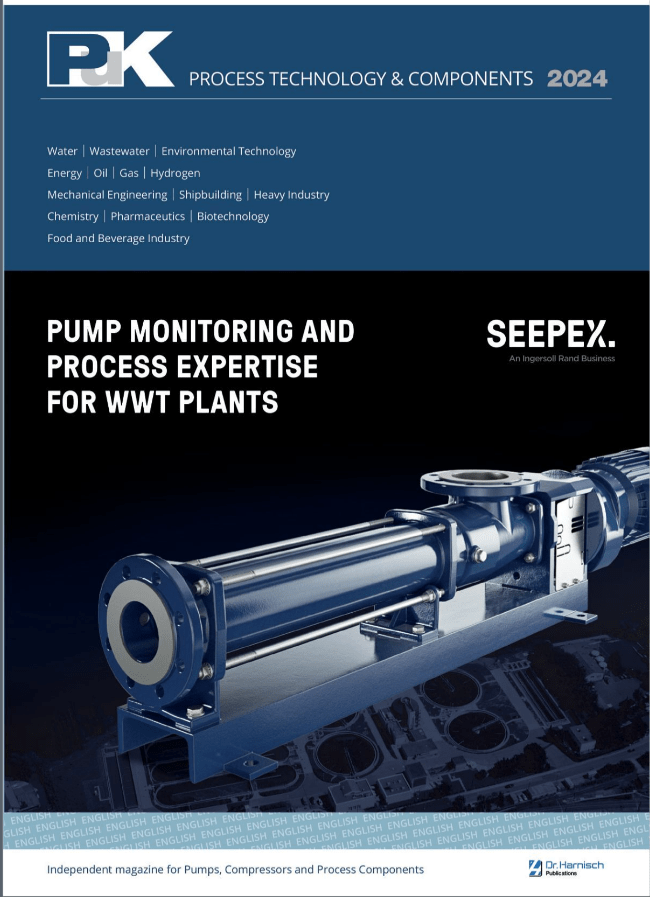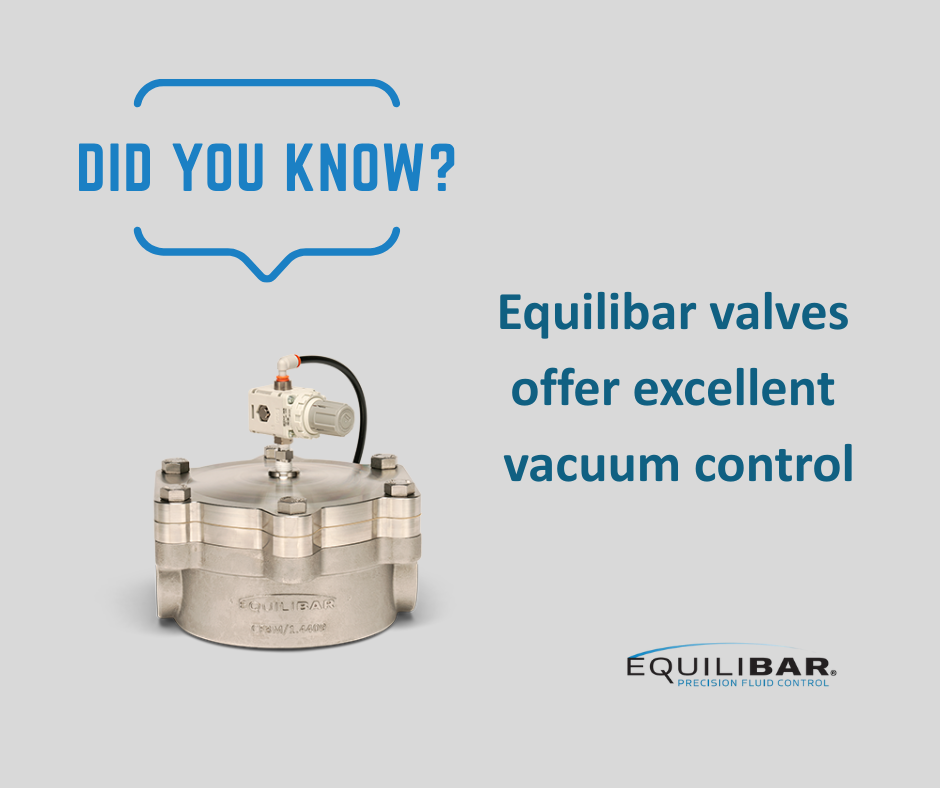Oligonucleotide drugs are made up of short sections of genetic sequences and are used to target disorders in the genetic code. The first drug of this type was used in 1998 during the AIDS epidemic. Since then, the field has accelerated rapidly and today many oligonucleotide drugs are in clinical trials, promising improvements in treatment for a variety of diseases in the near future.
A recent article in the German publication Prozesstechnik & Komponenten addresses some of the particular challenges of producing oligonucleotides and demonstrates how a diaphragm metering pump from LEWA combined with Equilibar’s FDO sanitary valve with built-in dampener can address them.
Written by Dr. Hans-Joachim Johl, the article explains that oligonucleotide production facilities must be able to handle flammable and toxic compounds while also meeting hygienic standards. Economically, it is desirable to make systems as efficient and safe as possible as they are scaled up. For this and other reasons, oligonucleotide drug makers are using continuous flow manufacturing, which offers both flexibility and expanded capacity.
Inline dilution is discussed in detail in the article. A particular challenge in this process is to establish systems that have very wide flow operating capabilities with flow profiles that are as smooth as possible. The systems must be flexible to synthesize and purify a variety of drugs and meet specific requirements for different applications.
Media dilution is one of the key steps and is used to adjust concentrations continuously to reach the desired final concentration. Another important downstream step using inline dilution is chromatography, which is used to remove unwanted byproducts.
Dr. Johl describes how LEWA’s diaphragm metering pumps are especially well suited for the processes used to manufacture oligonucleotides, particularly when combined with an Equilibar FDO pressure control valve. The LEWA inline dilution systems use the two components together to achieve wider flow ranges and smooth, accurate media delivery. The FDO pressure control valve is electronically piloted for upstream pressure control, which eliminates upstream pressure fluctuation. The active pulsation dampener all but eliminates downstream pulsations to ensure downstream flow is stable. The valve is used on the discharge side of the pump to ensure constant back pressure and to smooth pulsations in multiplex pump heads. This setup can also prevent Net Positive Inlet Pressure (NPIP) from pushing flow through to ensure the pump can produce the entirety of its flow regime.
For more technical details, read the entire article here starting on page 20. As always, our engineers invite you to contact them to discuss your specific fluid control challenge.
Contact Us to Discuss Your Fluid Control Challenge


